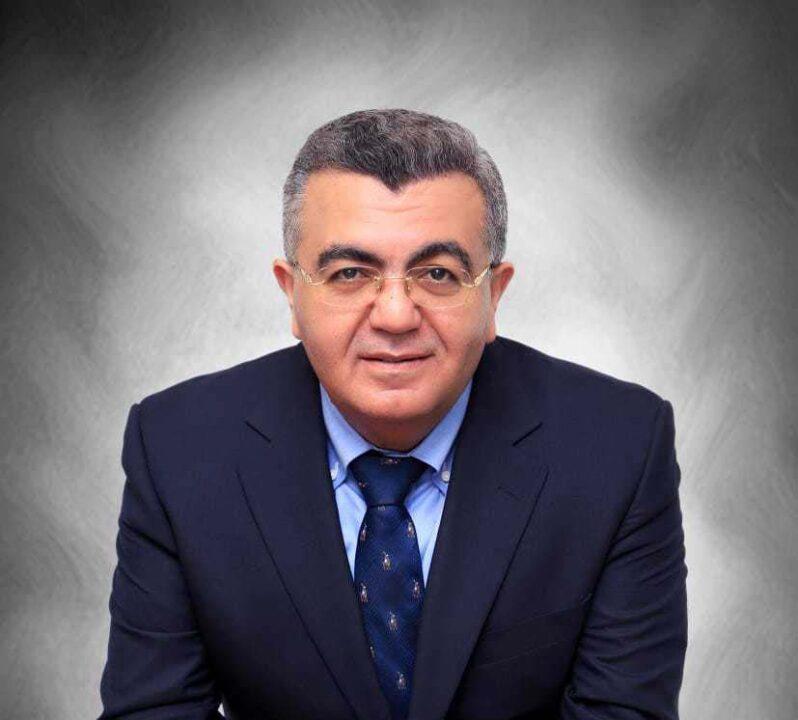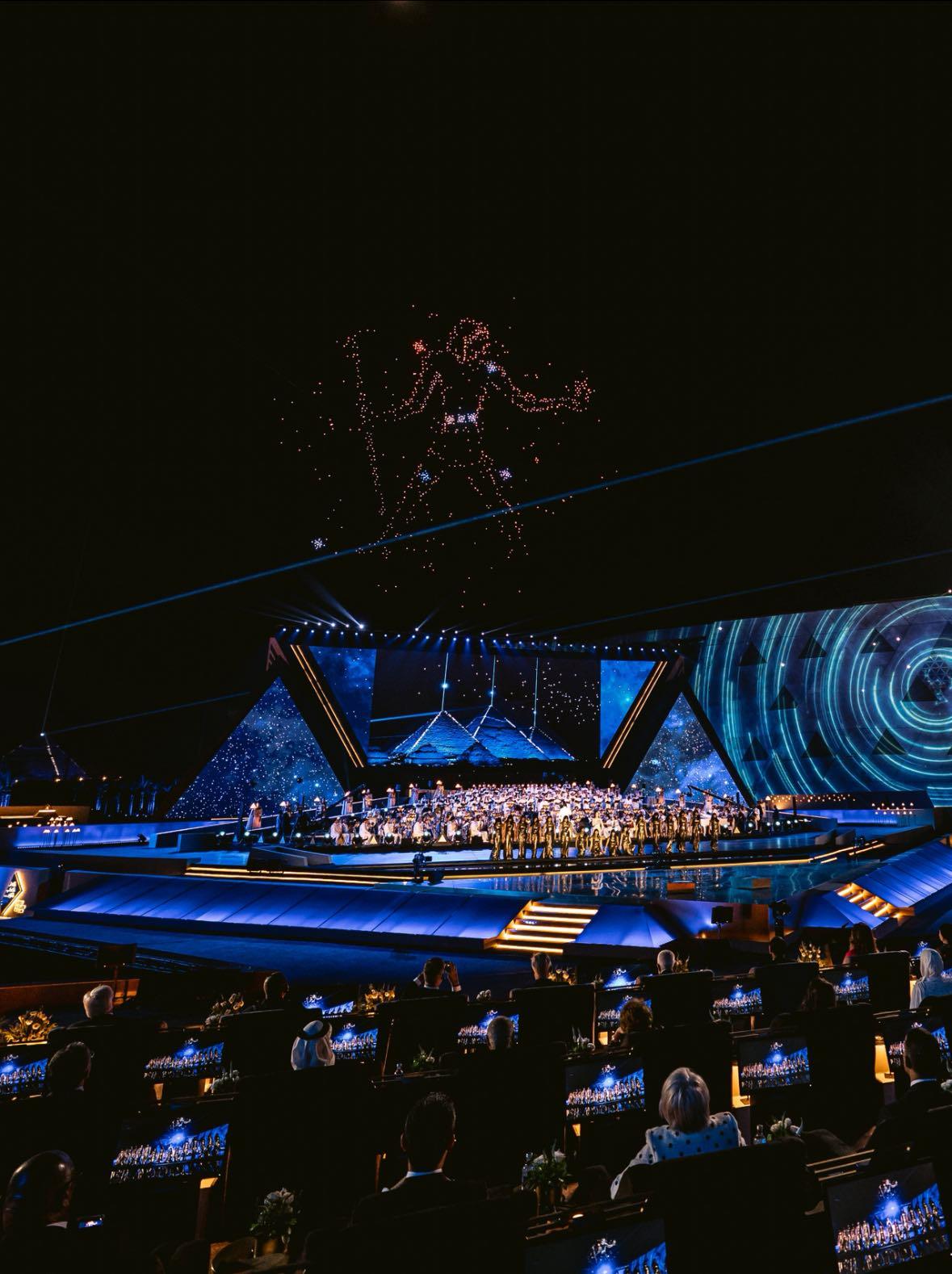
Opinion Egypt And The Shaping Of A New Global Balance: Between The Gaza Truce And Messages Of Civilisation
The truce brokered by Cairo was not merely a temporary ceasefire, but a new test of Egyptian diplomacy - one that demonstrated its rare ability to navigate between conflicting parties without losing neutrality or authority. True, the ceasefire continues to face repeated violations and breaches, and the road to lasting peace remains long. Yet the very acceptance of Egyptian mediation by all sides reflects a profound regional and international recognition - that Egypt is not an external player but the centre of gravity in the Middle Eastern equation.
What distinguishes Egypt's approach is that it goes beyond managing crises to creating solutions. Cairo has not only brought opposing sides closer, but has also opened humanitarian corridors for aid delivery and relief coordination, reintroducing the concept of responsible mediation - one that seeks no political glory but pursues genuine stability that safeguards civilian lives. In this sense, Egypt has redefined the very notion of regional power. True power today is not measured by a country's ability to ignite wars, but by its capacity to extinguish them without compromising its stature or interests. The humanitarian reality in Gaza after the truce clearly reflects the importance of Egypt's role: it is the party trusted by all, maintaining a delicate balance between principles and interests, keeping dialogue alive when all others fall silent.

Dr. Hatem Sadek
While Egypt worked tirelessly to uphold the ceasefire, it sent the world another message - one of an entirely different nature. The inauguration of the Grand Egyptian Museum was not simply a cultural or touristic milestone, but a declaration of Egypt's enduring civilisational project - diplomatic as well as cultural. It was a profoundly symbolic moment: as the world was preoccupied with scenes of devastation, Egypt presented another face of strength - the strength of culture, history, and beauty. Through this remarkable fusion of diplomacy and cultural sovereignty, Egypt proved it can safeguard both life and memory, offering the world a model of a nation that honours its roots while advancing confidently towards the future.
Domestically, Egypt continues its efforts to rebuild the human foundation - through education, empowerment, infrastructure development, and economic restructuring. This investment in human capital is what generates Egypt's real strength abroad. Reform is no longer merely an economic plan or a set of projects; it has evolved into a national vision linking domestic development with international effectiveness. This explains why Egypt's voice has become audible and influential in all global forums - from climate summits to peace conferences - not because it raises slogans, but because it embodies cohesion and initiative.
Regionally, Cairo has demonstrated that leadership does not equate to domination, and that balance does not mean passivity. While some powers engage in displays of influence, Egypt advances through a“straight-line policy” - entering no polarised alliances, abandoning no principles, and managing differences with wisdom rather than bravado. This political school - rooted in the modern Egyptian diplomatic tradition - has redefined the very vocabulary of leadership in the Arab world, making Egypt a model of composure and responsibility, and its voice a symbol of stability in an unsettled region.
On the global stage, Egypt is reclaiming its position as a key actor in shaping the new international balance. Today, it stands as a partner in discussions on climate, the green economy, energy, migration, and food security. With astute diplomacy, it bridges the divide between North and South, while reasserting Africa's role within the international order. Through these multi-dimensional engagements, Egypt has proven it no longer reacts to events - it helps to define them.
It is no coincidence that the Gaza truce and the opening of the Grand Egyptian Museum should coincide in time; both events embody a single, unified message - that Egypt preserves life just as it preserves civilisation. It knows when to exercise strength, when to present beauty, and when to unite both. It is the nation that carries the memory of the ancient world while constructing the equations of the new one. And although the ceasefire still faces challenges and requires sustained consolidation, one constant remains - Egypt's unwavering determination to be part of the solution, not part of the problem.
Ultimately, Egypt today operates not within a limited regional framework, but within a broad civilisational project that redefines the very idea of the modern state in a rapidly changing world. From Gaza to the Grand Egyptian Museum, from security initiatives to climate diplomacy, from politics to culture - Egypt weaves together the threads of a single vision: a vision that sees power not as confrontation, leadership not as control, and civilisation not as a relic of the past, but as a force that shapes the future.
This is the new Egypt - the Egypt that speaks the language of peace, thinks with the mind of the state, and acts with the spirit of the nation; the Egypt that understands that its role is not granted, but earned - through effort, clarity of vision, and deep faith that both history and the present are written, as they always have been, on the banks of the Nile.
Dr. Hatem Sadek – Professor at Helwan University

Legal Disclaimer:
MENAFN provides the
information “as is” without warranty of any kind. We do not accept
any responsibility or liability for the accuracy, content, images,
videos, licenses, completeness, legality, or reliability of the information
contained in this article. If you have any complaints or copyright
issues related to this article, kindly contact the provider above.


















Comments
No comment